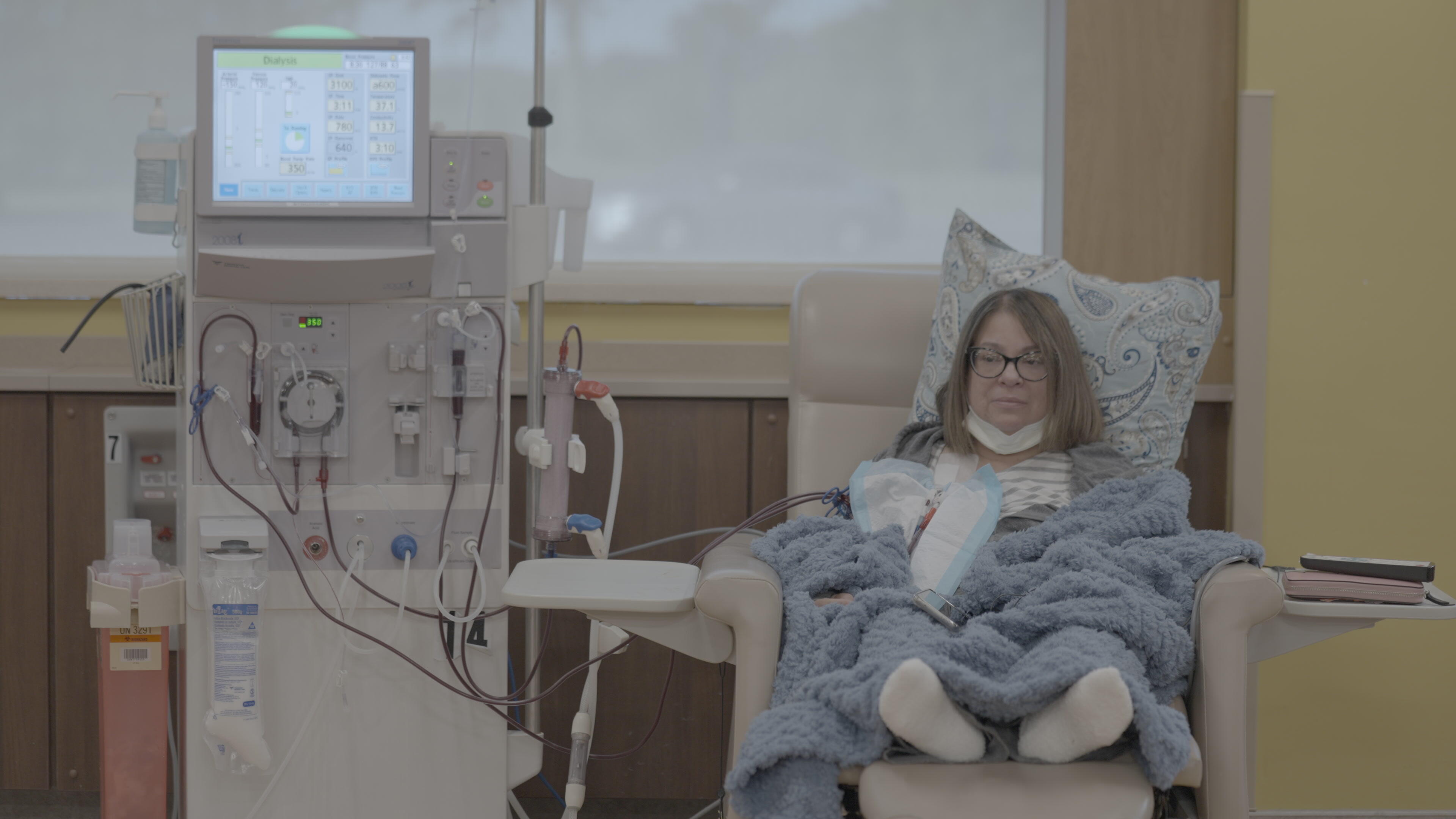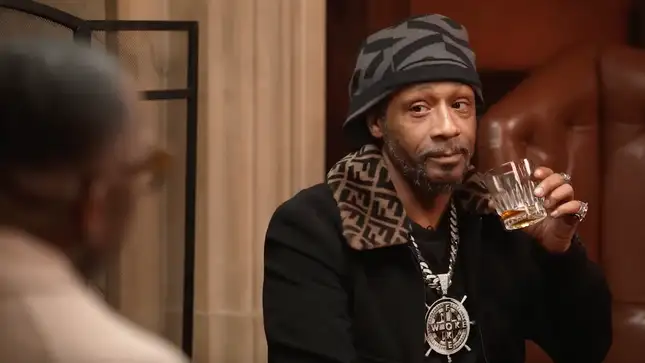
Graphic content
This communicative contains graphic contented which immoderate whitethorn find disturbing, including depictions of aesculapian procedures humor and quality anatomy
Click to proceed to story
In the U.S., thousands of donated organs ne'er scope the patients who request them.
CBS News recovered that past year, 1 successful 3 kidneys recovered from deceased donors were ne'er transplanted.
Specialized organ betterment teams made much than 26 cardinal attempts to spot these kidneys with transplant centers, offering them again and again successful hunt of a suitable match--before they were yet discarded arsenic aesculapian waste.
And it's not conscionable kidneys. Nearly 12,000 perchance life-saving organs were discarded past twelvemonth successful the United States.
Mitch Potter, a 31-year-old Michigan resident, tragically passed distant successful a car accident, leaving down his girlfriend, 3 children, and a parent grieving his loss.
Despite this heartbreak, Mitch saved aggregate lives by donating his organs, giving others the accidental to unrecorded on.
“I'm precise arrogant and precise happy,” said his mom, Cheryl Potter. “There are radical retired determination who request what helium has, and helium was consenting to springiness it. He's surviving connected successful different people,” she said.
Mitch's heart went to Minnesota
His kidneys went to patients successful Michigan and Illinois.
His liver traveled hundreds of miles to Washington, D.C., but it was yet not used.
The Washington infirmary told a spokesperson representing the betterment squad that placed Mitch's organs that the liver did not conscionable their standards.
"I didn't cognize helium was a donor," said Cheryl Potter. "I'm ace arrogant of him."
Why are organs discarded?
A CBS News investigation of national procurement and transplant information recovered kidneys are discarded the most. Nearly one-third of kidneys recovered ne'er marque it to a patient.
"The fig should beryllium much similar 1 successful 20," said Dr. Richard Formica, president of the Organ Procurement and Transplantation Network that oversees the U.S. transplant system. "I see this to beryllium an existential menace to the full transplant system."
To recognize wherefore truthful galore organs are discarded, it's important to recognize however the strategy works.
Organs spell unused for galore reasons, including logistical challenges, organ quality, rising donation rates and show measures.
The process involves 2 players: organ procurement organizations (OPOs) and transplant centers. The procurement organizations place donors, retrieve organs, connection them to patients connected the waiting list, and put transportation. Transplant centers measure patients, judge suitable organs, and execute transplant surgeries.
Both are rated by the national authorities to effort to amended diligent outcomes.
Procurement organizations are incentivized to retrieve arsenic galore viable organs arsenic imaginable and effort to lucifer them with recipients.
Transplant centers whitethorn beryllium much selective, choosing patients and organs that make the champion accidental of semipermanent success.
Those competing show measures lend to a strategy wherever much organs are recovered than ever before--and much organs are being thrown away.
According to the Centers for Medicare and Medicaid Services, low-ranking organ procurement organizations hazard losing national backing if they bash not conscionable show measures. Transplant centers with little ratings whitethorn conflict to pull patients oregon security contracts, Formica said.
"That creates a definite level of hazard aversion and encourages transplant centers to accidental nary much often than yes," says Dr. Sumit Mohan, a Columbia University kidney specialist. "As a result, transplant centers don't bash arsenic galore transplants arsenic they could."
The National Academies of Science, Engineering, and Medicine besides expressed concern, stating successful a 2022 report, "There is grounds to suggest that immoderate transplant providers mightiness beryllium rejecting bully organ offers that could payment the recipient due to the fact that of a reluctance to execute riskier surgeries for fearfulness it could harm the transplant center's statistics."
The organization that tracks show measures says that it accounts for those risks. It besides holds seminars to explicate that taking risks, specified arsenic transplanting a less-than-perfect organ, volition not needfully wounded a transplant center's ratings.
Breaking barriers to transplants
Federal wellness officials are exploring ways to trim organ discards and amended the placement process.
In a recent OPTN meeting, they highlighted Hackensack University Medical Center, wherever Goldstein, a transplant surgeon, and his squad transplant riskier kidneys that different centers whitethorn crook down. Patients commencement their transplant travel with a PowerPoint explaining the benefits of choosing a less-than-perfect kidney.
Goldstein engages patients successful the decision-making process, encouraging them to measurement the risks of waiting for a "perfect" kidney against the dangers of staying connected dialysis.
"When you're sitting connected a waiting list, that's the worst spot to beryllium due to the fact that the hazard of dying increases for each time idiosyncratic remains successful kidney failure. So, the prime of which organs you're consenting to judge is astir choosing life," helium said.
Dialysis keeps patients live by filtering discarded from their blood, but it's not a semipermanent solution to those with kidney failure. The longer idiosyncratic stays connected dialysis, the higher they are astatine hazard of complications including cardiovascular disease, infections and declining prime of life.
Clifford Toliver, 73, faced that choice. Diagnosed with renal disease, helium started dialysis successful 2022.
"They enactment the needles successful your arm, and you beryllium successful a seat for 4 hours. You ticker TV. You spell to sleep. That's each you tin do," helium said. "This is going to beryllium the remainder of your life. And this is however you're going to die."
Under Goldstein's care, Toliver took a accidental connected a kidney others mightiness person refused.
"The kidney was 65 years old. That's younger than me. And I cognize contiguous radical unrecorded to 99, 100," helium said. "If I garbage the kidney, I mightiness not lucifer again ever."
Hackensack's transplant programme accepts kidney offers astatine 3 times the nationalist complaint and inactive has a 97.5% diligent endurance complaint 1 twelvemonth aft surgery, according to the Scientific Registry for Transplant Recipients.
"We're trying to fig retired however to region disincentives, arsenic good arsenic to incentivize transplant hospitals to bash more," Goldstein said.
Reducing organ discards requires a shared commitment.
"The much transplant hospitals and OPOs spouse unneurotic to beryllium portion of the solution, to find homes for kidneys that are hard to place, the amended we are arsenic a community," Goldstein said.
For patients similar Melanie Knoll, that displacement could mean the quality betwixt beingness and death.
She is simply a diabetic whose kidney failed. No 1 successful her household is simply a suitable match. She's spent the past 3 years connected dialysis waiting for a donor.
"If a kidney has the imaginable to beryllium viable, I would overmuch alternatively research that than to proceed to conscionable unrecorded a beingness connected dialysis," said Knoll, who lives successful Michigan.
She would judge a less-than-perfect kidney, particularly considering the alternative.
"I anticipation I don't dice waiting for a kidney."
 Melanie Knoll receives dialysis successful Michigan portion waiting for a kidney transplant.
Justin Sherman / CBS News
Melanie Knoll receives dialysis successful Michigan portion waiting for a kidney transplant.
Justin Sherman / CBS News
Credits
Reporting: Tom Hanson, Aparna Zalani | Data Analysis: Rachel Gold | Photographer/Editor: Justin Sherman | Visual Design and Web Development: Grace Manthey, Taylor Johnson, Aaron Munoz | Editing and task leadership: Nicole Vap, Chad Cross, John Kelly, Aparna Zalani

 4 days ago
12
4 days ago
12









 English (US) ·
English (US) ·